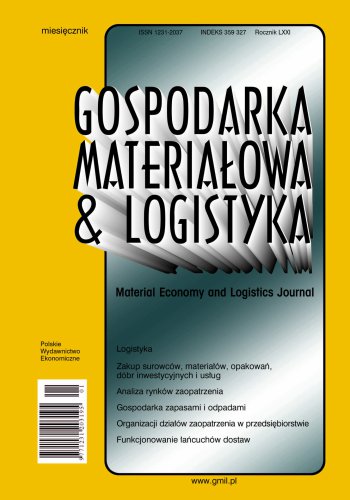Incidental disruptions, especially those that were previously non-existent and unlikely in terms of their negative impact, have been an economic reality for several years. The consequences of disruptions affect the activities of entities located in the remotest parts of the globe, and changing sources of uncertainty require action to build more resilient systems. The identified ripple effect is increasingly a consequence of the global risks occurring. This paper presents a bibliometric analysis of supply chain issues, the most frequently identified crises in recent years and their ripple effect consequences. The aim of the analysis was to indicate how interest in the subject of the ripple effect has changed in recent years, in the context of supply chain analysis, as evidenced by the increasing number of scientific publications, authors, area and scope of research analysis. The use of the ripple effect in supply chain research is a relatively new phenomenon, and the presentation of quantitative data is a new insight into the topic under study, which is difficult to investigate by other methods.
Keywords: ripple effect; disruptions in the supply chain; bibliometric analysis; crises; Web of Science

